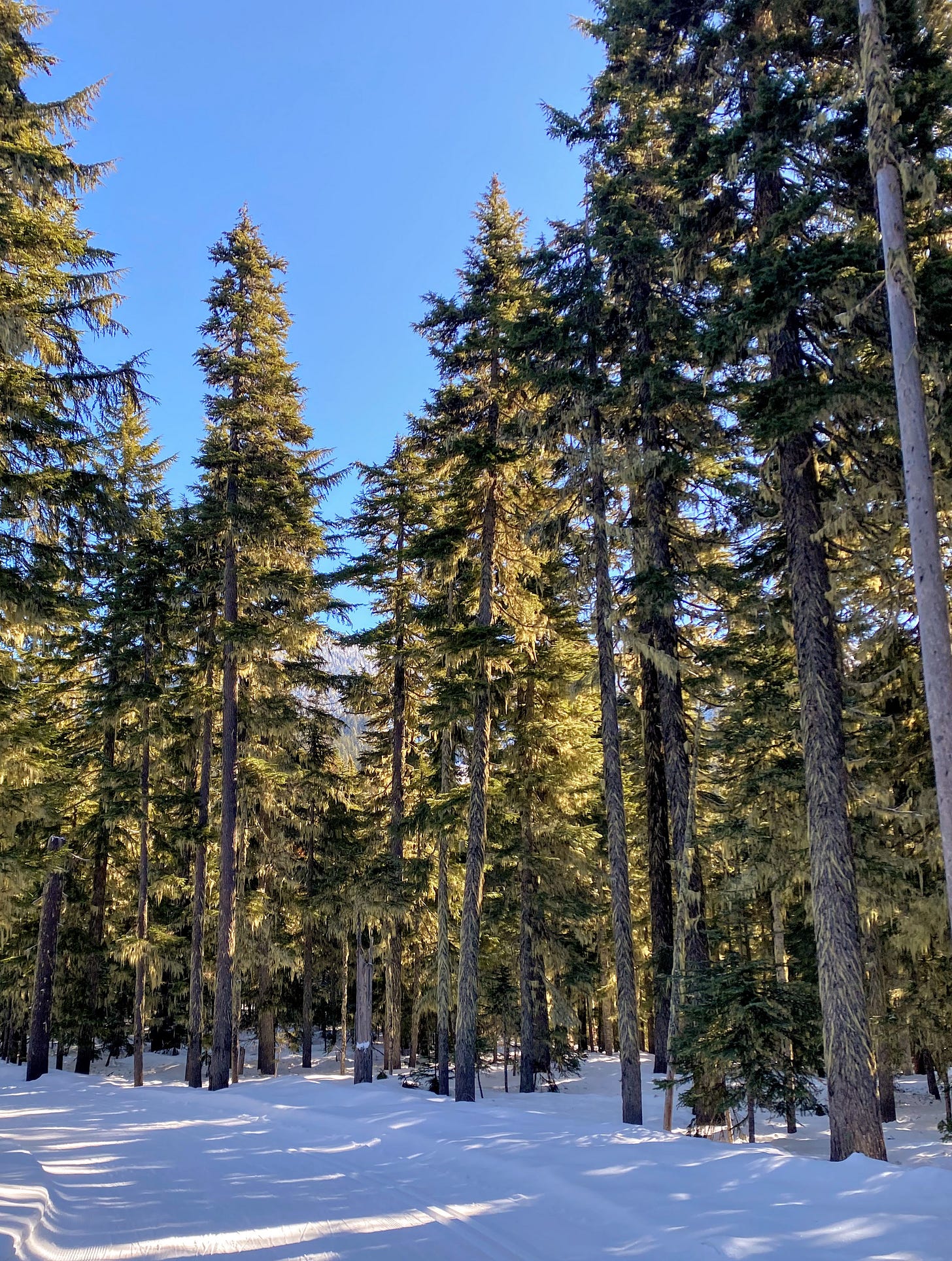43. Good Talk #9: Betsy Gaines Quammen
"Cowboys are not heroes that solve issues in little towns with guns."
Happy February, friends! We are one month closer to spring, a season I appreciate more and more the older I get. I’m always amazed at the ways my neighborhood explodes after a months of Oregon gloom with cherry blossoms and silly little daffodils, like nature is throwing some kind of party for itself. Everything feels fresh and rebo…




